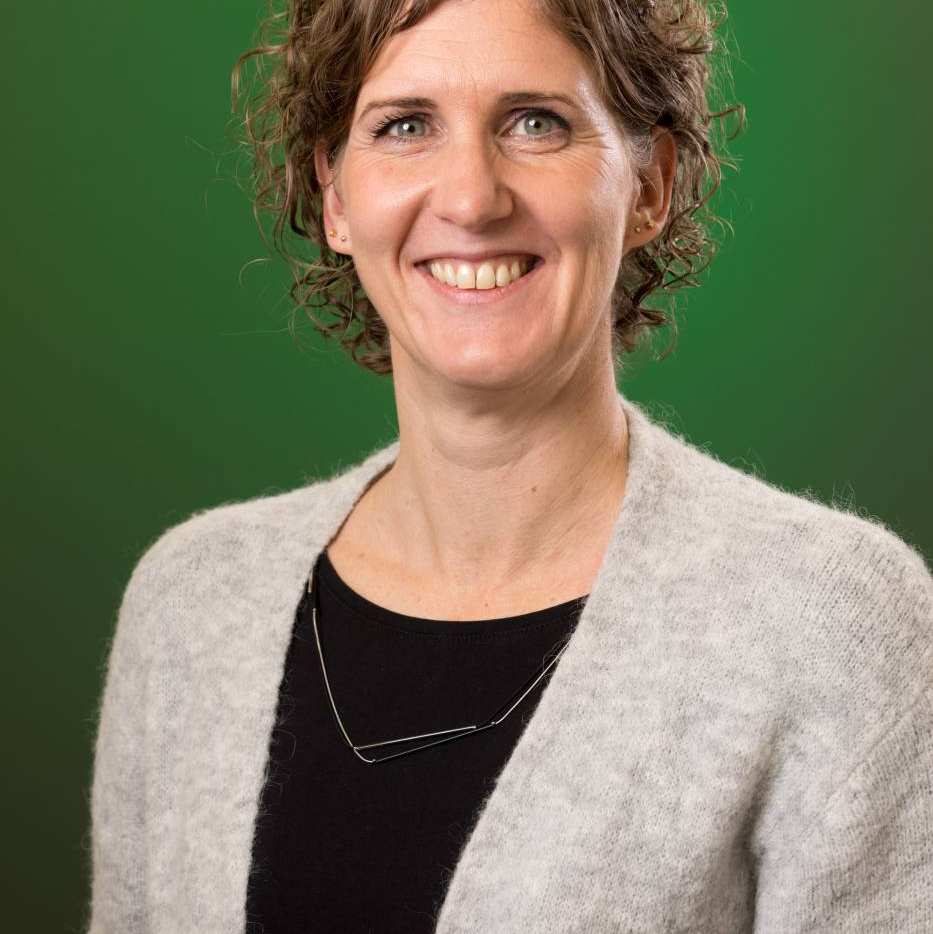Employee resistance or commitment: the role of dialogue in the change process

We have great plans to become a more sustainable organization. Employee commitment is needed, but not everyone likes change, so we also encounter resistance. What can you as a manager or communications professional do? What role does dialogue play in communication?
Marjon Elshof is tackling these questions as part of her PhD research. She started her 5-year doctoral program in February 2024. Marjon is researching internal communications within organizations during sustainability transitions. These organizations want to reduce their impact on the environment. She is exploring what role dialogue plays in internal communication processes and which interventions can reduce resistance and increase support for change.
What makes her research valuable? "The role of dialogue in internal communication during sustainability transitions has not yet been sufficiently explored. What happens to the reciprocity between employer and employee and among employees when change arrives? I look for success factors and want to use my research findings to provide effective tools and strategies for the communication professionals of today and the future. The nice thing is that the classes I teach at HAN are also about change communication. So I can take my research results directly into my teaching", Marjon explains.
Opportunity to learn again
Marjon already had research experience, but the doctoral program is very different for her. She recounts: "It's nice to have the full focus on my research now. It also gives me a chance to learn again myself. Before this, I worked as a program director at HAN for 15 years, where doing research got snowed under. Now I have the focus on my doctoral research as well as teaching. This is a good fit as it allows me to strengthen the connection between education, research and practice. Indeed, in my research, organizations and their communication play an important role."

Sub-studies and expectations
In total, Marjon's doctoral program consists of 4 sub-studies:
- Exploratory research to establish the importance of dialogic communication.
- Case study to study internal communication in practice during change processes involving a transition to a more sustainable business. An examination of what communication strategies were used and for what reason. And how employees perceived this communication.
- Quantitative survey of company employees to analyze communication factors that impact employee resistance and commitment to change.
- Experiment in manipulating communication strategies to discover interventions that reduce resistance and increase commitment. The results can show how communicators support change and advise managers in implementing sustainable business practices.
Marjon has since completed the exploratory study, on which she recently published an article with former colleague Bram Hendrawan.
In it, she explains the importance of dialogic communication and listening at the organizational level. Marjon: "A literature study showed that a dialogic approach and listening are characteristic of this approach to organizational communication. This allows you to build and maintain trust, promote transparency and create commitment. My analysis of competency profiles outlined by Logeion (the professional association for communication professionals) and by Communication bachelor programs at universities of applied sciences in the Netherlands shows a shift. The passing on of messages is giving way to dialogue and commitment. I am now working on the next sub-study. It looks at how dialogue affects commitment and resistance at companies. That means I will be reviewing all internal communications concerning the change process. I want to analyze internal communication processes and communication activities as well as interview managers and employees. A big job, but I expect to gain valuable information about the effectiveness of various communication strategies."
Our students are the communication professionals of the future, so I like to involve them in my research.
Active role of students in research
The fact that Marjon was a program director at HAN University of Applied Sciences and now works as a lecturer comes in handy. "Whatever I learn I can incorporate into my own teaching; I know how important that is. Our students are the communication professionals of the future, so I like to involve them in my research. I do this in my role as supervisor of graduation assignments. Students can work with me on parts of the doctoral program. It offers them a great opportunity to gain experience and discover how to connect research and practice. In addition, I want to create cases based on my research, bringing the research findings to education", Marjon explains.
Valuable insights for practice
Giving research findings a place in practice is a challenge. A challenge that Marjon enjoys tackling: "I do this by involving the work field in my research. My aim is to find out what tools and strategies you can best use to successfully support sustainable change. My results will soon give managers direction in determining their approach. And I want to support communication professionals with practical insights to become true "change agents," people who effectively manage change in organizations. Reducing resistance and increasing commitment is what you want to achieve."
Connection to strategic goals and research agenda
This PhD research aligns with HAN's key area Sustainable Energy & Environment. The results of the study contribute to the development of graduates of the HAN International School of Business (ISB) and Communication Studies in particular into global citizens. Global citizens who implement a more sustainable practice and thus contribute to a more sustainable future. The goal is to train reflective communication professionals who take on the role of change agents and help organizations tackle complex organizational problems.
Marjon aims to use this research to establish long-term collaboration between research, education and practice. This is how she helps organizations move toward sustainability. Her research is also part of the research agenda for the ISB Center of International Business Research. That agenda focuses on contributing to the intersection of Social and Green. Sustainability transitions and how to manage these transitions effectively is the focus.
Supervisor: Professor Marieke Fransen, Radboud University, Behavioural Science Institute (Communication & Media)
Co-supervisor: Professor Anna Sabidussi, HAN, Research Center in International Business
